A couple of weeks ago, I followed on Kris Rusch’s business blogs about discoverability and talked a bit about this from my own perspective. This past week, Kris mentioned several gambits writers and publishers choose to spread the word—stock signings, television interviews, promotional materials, etc.—with which I’ve had some experience. I won’t recapitulate everything that she says. (Go read her blog; worth your time.) For the record, I agree with her on stock signings and interviews (though I’m actually quite comfortable in front of a camera or microphone and like doing interviews) and disagree about pull quotes but only in the context of things like Amazon, where a nicely placed pull quote from a review can set the tone for the page (and look nice on your own blog page). I also agree: reviews are gold, if you get them in the right places and before the right sets of eyeballs. (I have a writer-friend who was TRASHED by Kirkus—and yet whose book went on to do very well because she got a LOVELY review in a genre magazine. That’s because genre magazines are frequently read by . . . you guessed it . . . lovers of that genre. Your average reader couldn’t care less what Kirkus thinks. Your average reader doesn’t pick up Publisher’s Weekly. BUT your average genre reader may very likely read something like Locus or Mystery Scene. I know I do, and I’ve done so as a fan and reader for years, well before I started writing myself. And has Kirkus’s less than laudatory review hurt my friend? Nope. But then again, she just muscled past the bad review and kept on writing and put out the very best book she could—as she’s always done.)
What I wanted to focus a little bit on today was what Kris had to say about the presumptive utility of blog tours. What she says has pretty much been my experience, not that I have hard numbers . . . but I have my suspicions. I’ve visited blogs, seen the numbers, read comments. By and large . . . a blog tour for the sake of a blog tour may really not be worth your time.
Kris’s conclusions were pretty interesting because she has some real numbers to back up what she’s saying. A couple years back, she’d had the experience of doing a tour through her publisher but no real way of measuring whether the tour contributed to an uptick in sales. She did it because the publisher asked and she chalked it up as being the same as going to a convention (time she doesn’t spend producing product—i.e., fiction—but which she gives away because she thinks it’s worth it). Her conclusion the first time around was that she had no idea whether this helped that particular novel’s sales, but the bloggers treated her well.
The next time she was asked to do a blog tour by her publisher was a little different. By then, the publishing company she runs with her husband, WMG, had put out several of her titles under that particular pen name. So, this time around, she had a much better way of tracking whether or not exposure of that particular name resulted in an uptick in sales of her previous books.
Her conclusion, backed by hard data: the blog tour didn’t result in an uptick at all. Not for a single title.
Being a data-driven person, Kris asked some of her other writer friends, who were also doing publisher blog tours along with selling their own independent titles, whether these tours had helped their indie sales at all.
Bet you’ve already guessed it: no change in indie numbers at all.
Where did Kris see results? Not from the blog tours; she even kept track of how many words she churned out for those blogs (7,500), with nothing coming back to her by way of return for those words and her time.
Where Kris got results was when the origin story for the title character of one of her traditionally pubbed novels—a short story for which she was paid, mind you—appeared in Asimov’s. Readers who paid to read that short story have since discovered the book.
As Kris put it—and very succinctly—you can spend your time writing a lot of words for free for a blog, or you can write words for which you are actually paid. Further, the words for which she was paid had a far greater reach because a magazine like Asimov’s charges for ad placement. People pay for placement, and then there was her story, in the same venue, for which other people paid very good money to advertise. In short, her story was two things at once: a story—and an advertisement for her book.
Now, please understand: I’m not against blogs. After all, you’re reading one. But a writer is only paid when she generates product that she can sell. When you write for a blog, you are writing for free. You are not getting paid. This is time a writer takes away from a work in progress. The chances that you will be discovered or find new readers by posting a blog on your page or someone else’s are probably slim—
Unless.
Unless we’re talking a specialty blog here.
What do I mean? As an example, I’m thinking specifically of the blogs I’ve written for librarians, who are, as a group, one of my favorites. These are people who advocate because they love books. Further, they talk to one another, whether virtually (through a blog) or—gasp—in person, at conventions or other meetings. Do I have any numbers to back up the idea that writing at the invitation of a person who’s also a member of a larger group devoted to putting what I do in the hands of other readers . . . do I have data points to support the idea that this is the kind of blog post/tour that’s really worthwhile? No, of course not; I have no access to that kind of data because I’m traditionally published. I don’t see Bookscan; I don’t follow numbers. (Probably a good thing, or I’d get routinely suicidal. Therein lies madness.)
But it only makes sense. In my days as a film person, did I submit my papers to just any old journal? No; I submitted to journals that I knew other film people read. I contributed to anthologies (the old-style blog post, if you think about it) at the invitation of other film scholars who were then producing a work targeting other people who were interested in what I was interested in.
See a pattern here? A blog tour for its own sake and just anywhere—as something designed to gin up enthusiasm and buzz—makes no sense. (And for God’s sake, don’t pay for one either; you’re already writing for free and now you’re going to pay someone to convince other people to let you onto their blogs? Get real.) A blog tour or—better yet—a guest post or weeklong Q&A with fans (as I had the pleasure of doing not too long ago) may make a lot of sense, if you think of it the way Kris did: this is a different way of meeting fans who are already interested in what you’re doing. Ditto a guest post for a blog that pros, like librarians, frequent because we are talking about the dissemination of information (i.e., you and your work). We are talking—God, I hate this word, but it’s true—networking. We are talking about getting yourself into a broader network of people who are all interested in and spend a fair amount of time wanting to find out more about people like you.
In other words: think of a blog as the equivalent of a genre magazine.
That means . . . be selective. Know your genre then think about your target audience. Think about the blog as part of a larger network or as an entry point to a genre audience. Like, is it one? Is there something distinctive about that particular blog? Does it reach a community you would have trouble finding in any other way? Is that community helpful to you? As an example—I was asked if I wanted to do a blog guest swap with another writer. It was attractive and flattering and she’s a fine writer . . . but she also does romance. Strictly romance. I don’t. I don’t even read romance. There’s nothing remotely romance-y about my work, so the chances that I would be of interest to her folks was practically nil, and the chances that my tens of readers would be interested in fairly traditional romance was . . . probably also nil. Not worth it. That’s an example of where an invite to a niche blog would’ve been a waste of my time.
Which means you have to think about the potential audience that might actually drop by and read what you have to say. Spend some time going back through that site’s previous blogs; check out the comments, see how many entries were actually racked up for a giveaway; that kind of thing. Don’t go by followers; they tell you nothing because not everyone who follows a blog or says that they do actually does or drops by that often.
For the record, I’ve been asked to do blogs by my publishers. I think the all-time high for the number of posts I actually had to write–for one book–was 35. That’s . . . a staggering number, a tremendous amount of time, and a gazillion free words. In all that, I’ve discovered that I prefer interview questions or something very directed because, presumably, the blogger knows his or her audience. I’ve actually punted back requests that are too vague or open-ended or with which I don’t think I’d have anything interesting to say. (Like when I’m asked to post a playlist: sorry, I don’t listen to music when I write. I’ll be happy to write about why not, though . . . )
I’ve also posted as a guest when invited by fans who’ve contacted me because they’ve loved my book. That kind of fan-driven invite I really enjoy because that’s someone who loves what I’ve written and wants to help spread the love.
This gets back to what blog touring and all this promotional business is supposed to be about: getting your work discovered; putting it before a lot of eyeballs. People who contact me directly for an interview or guest post or Q&A are doing so because they are enthusiastic about my work. This is my way of having a conversation with them and their friends.
That is, after all, what word-of-mouth—and discoverability—is about.








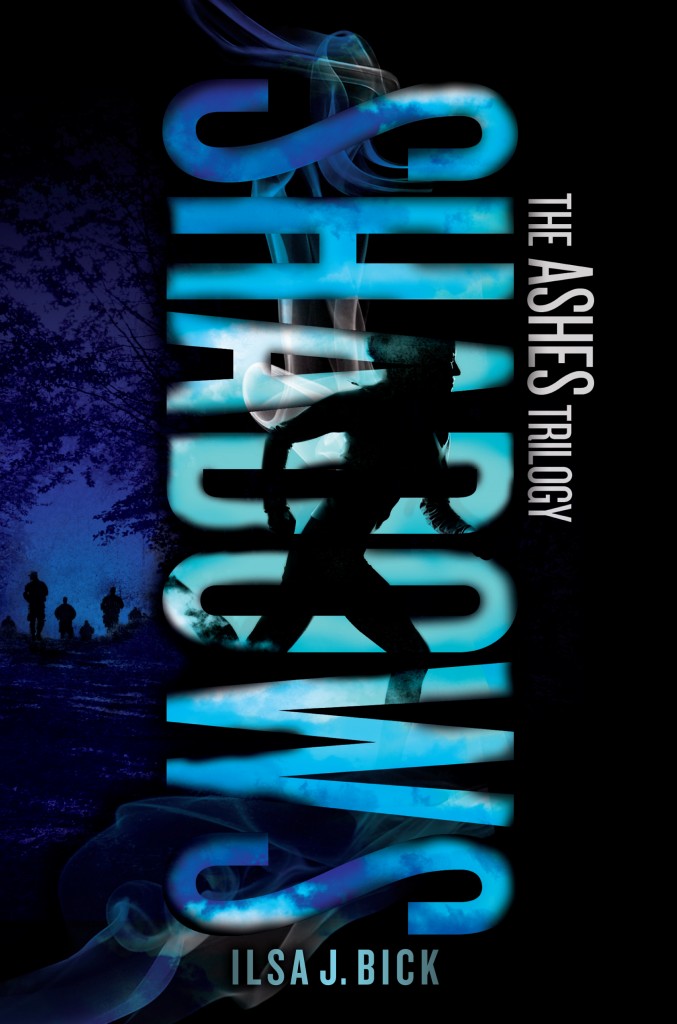


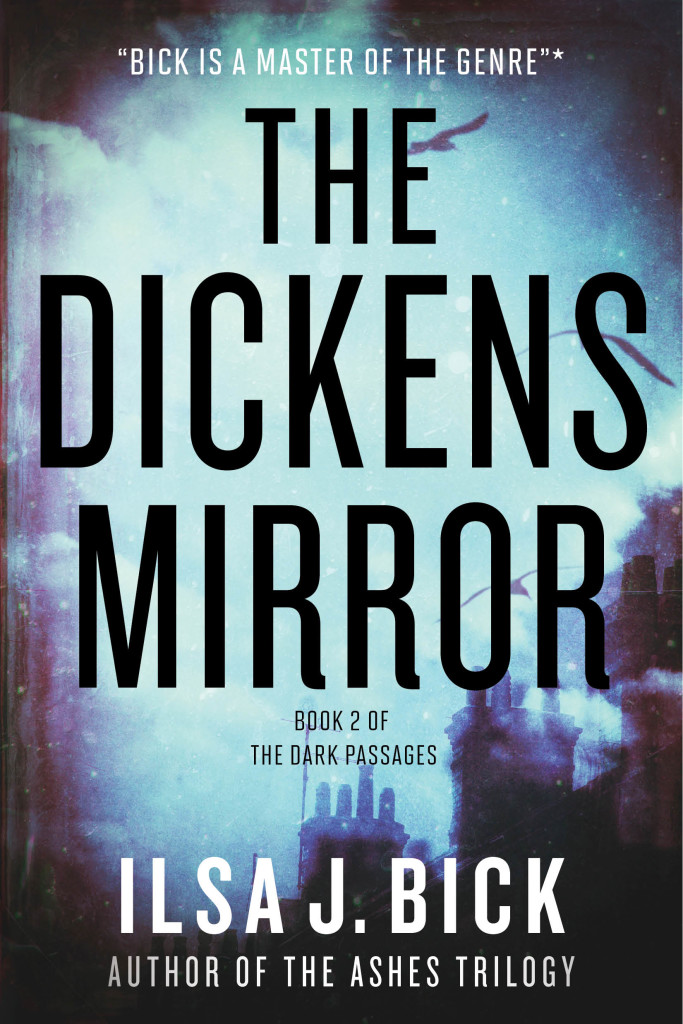
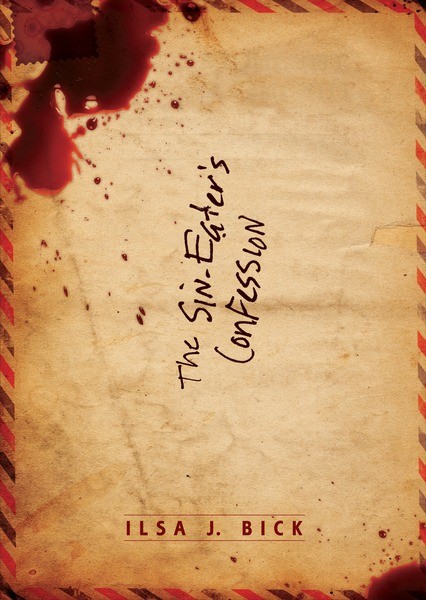
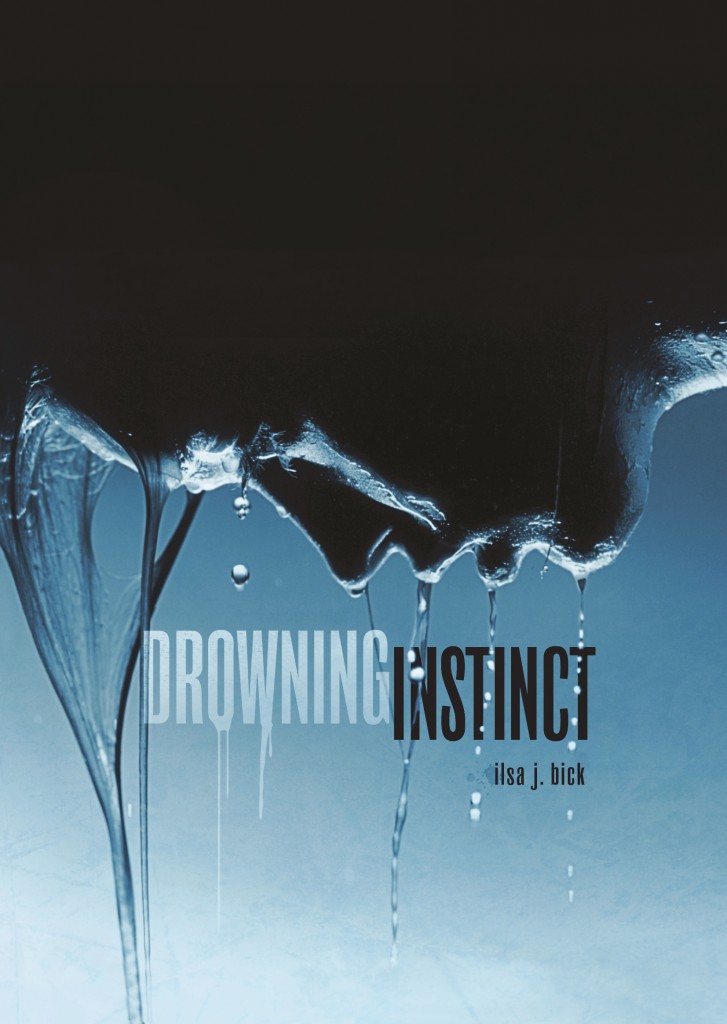
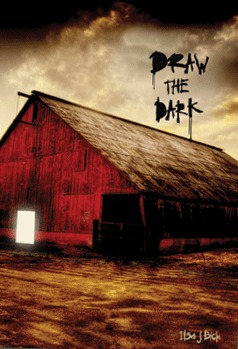



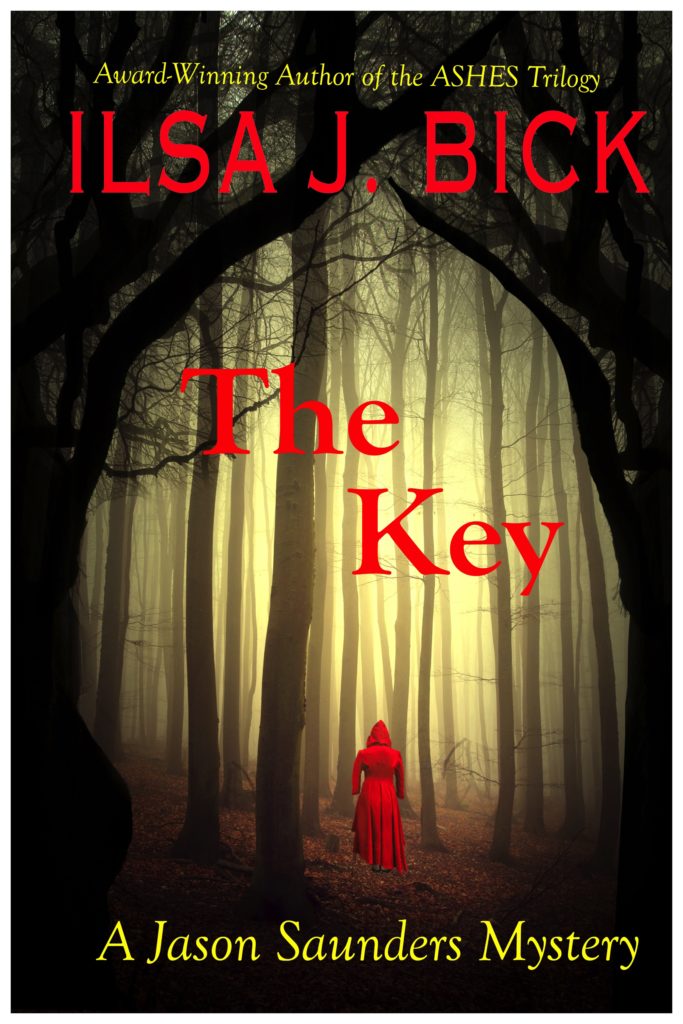
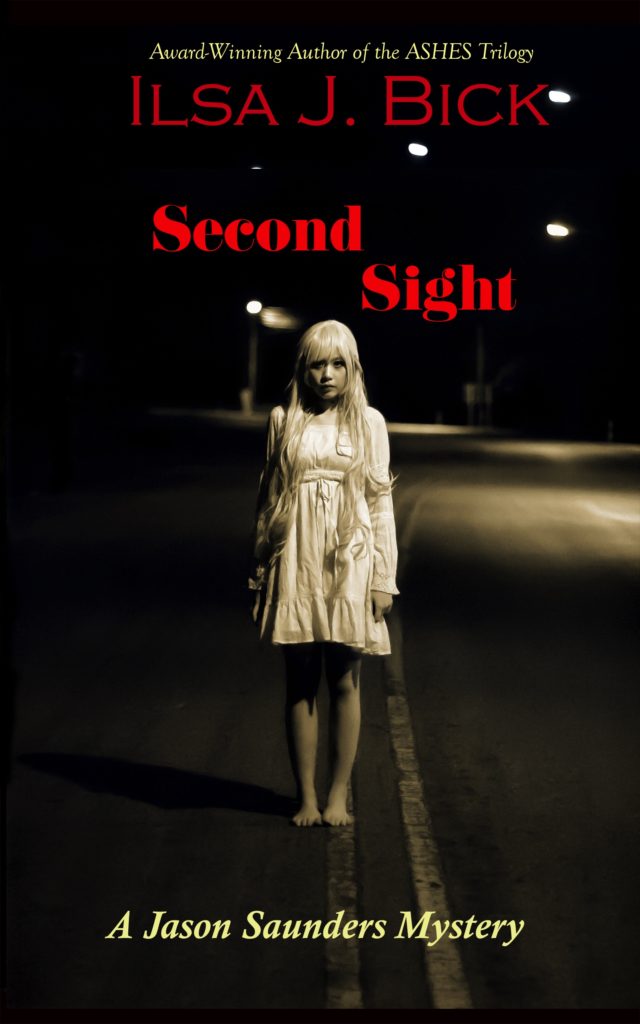
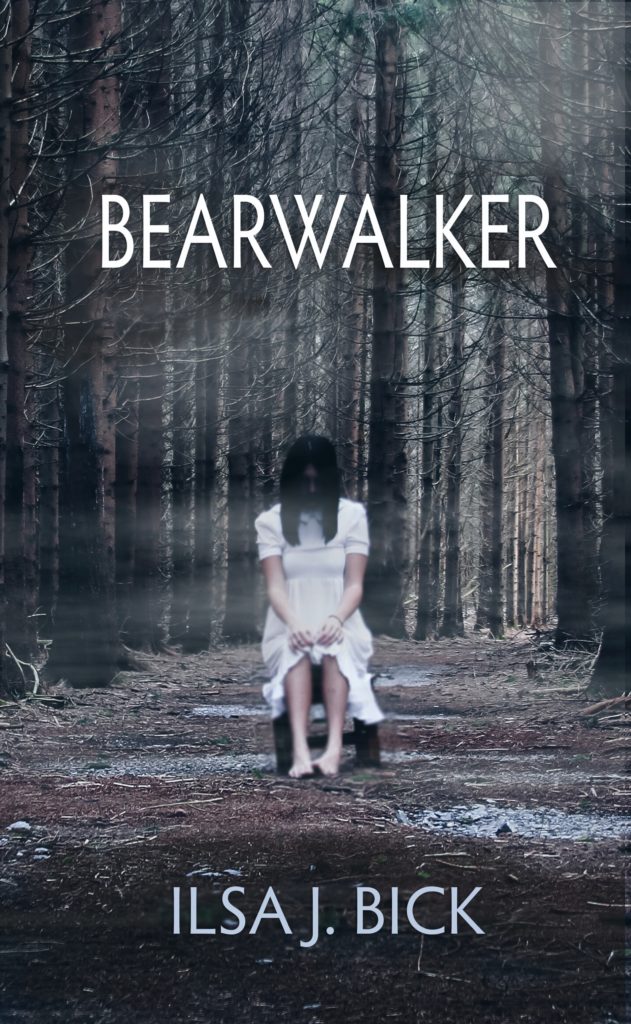
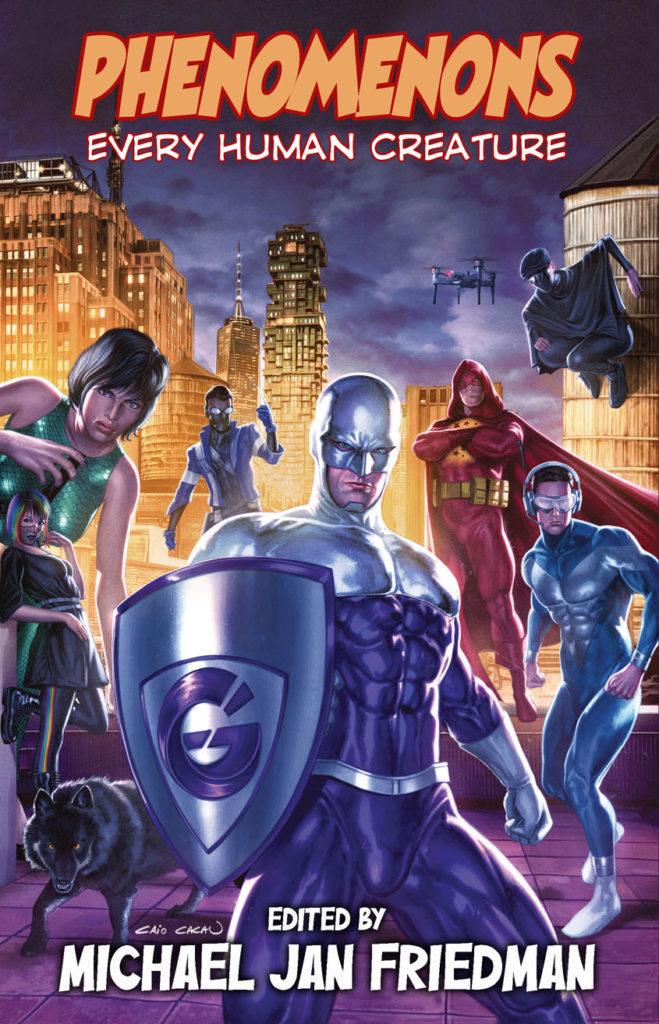
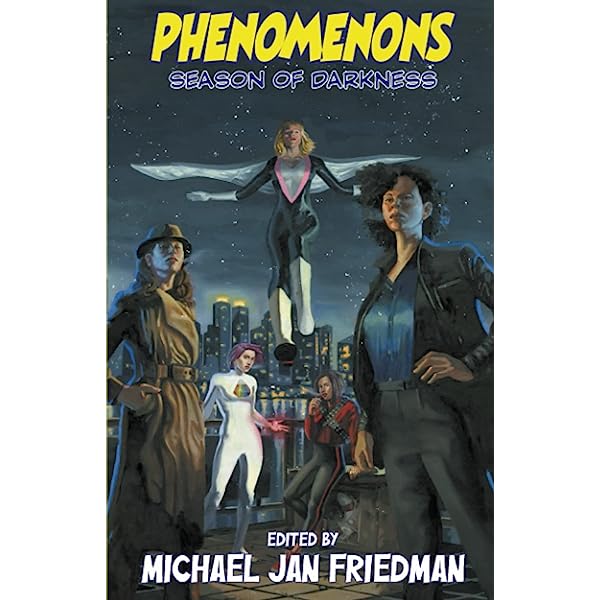





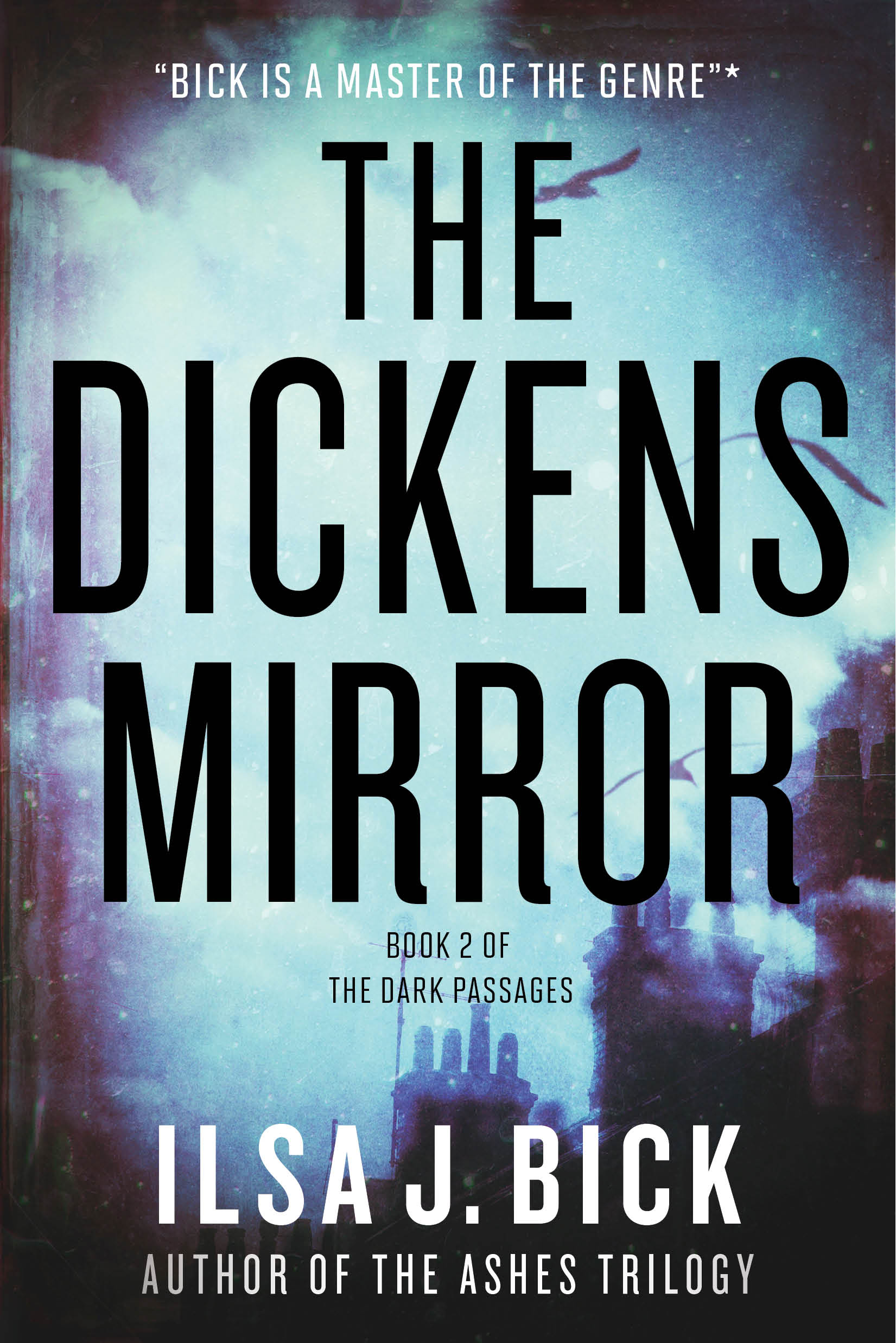

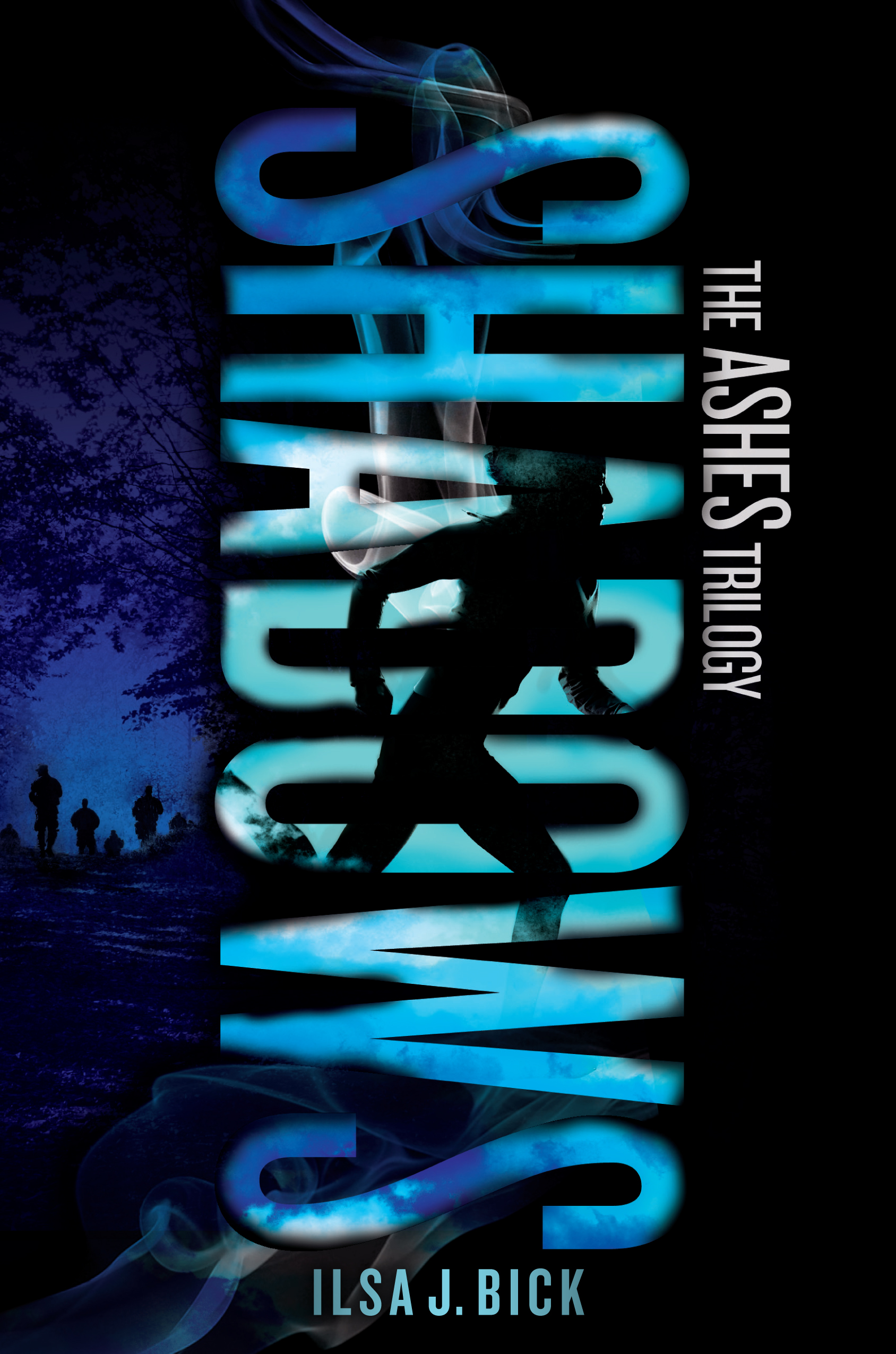
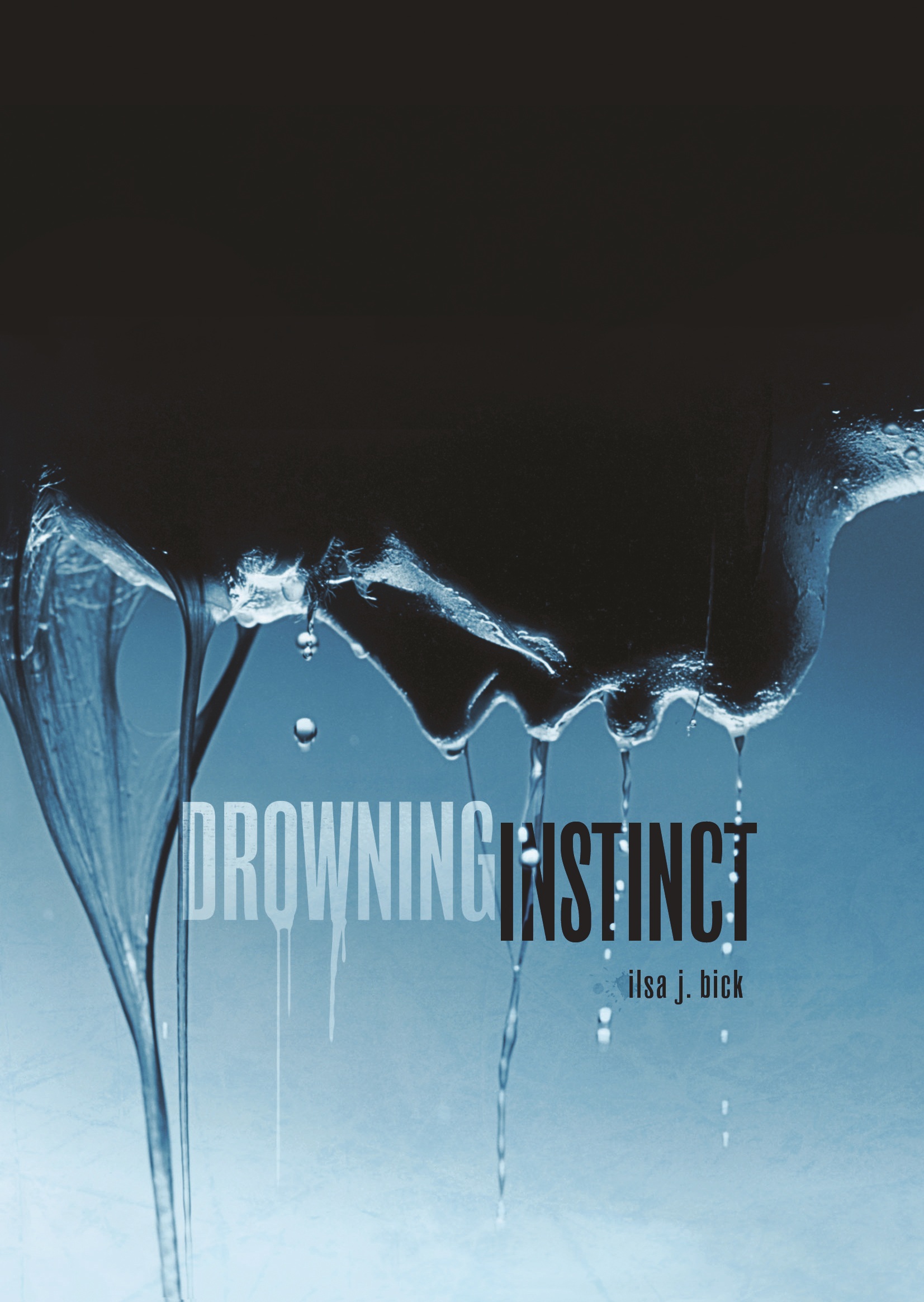
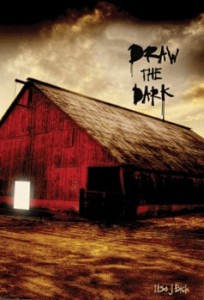
Nice thoughts.
Whats the reasoning behind hating networking? Do you feel like it’s “cheating”? Or taking advantage? Just guessing cause I don’t understand how anyone could dislike it. Please elaborate, or point me to an article/blog post where you’ve talked about it before?
Thanks :).
No, I guess I wasn’t clear. I don’t like the word itself because it just feels too mechanistic. I think of people as people, not nodes. 😉
You make a lot of good points about blogs and blog touring and it’s something that bloggers have talked about since I started doing it: who do we blog for? At the end of the day we’re readers like everyone else and it’s not uncommon to get book recommendations from other bloggers. From that perspective I can understand why publishers would send review copies to bloggers because it’s at least SOMETHING by the way of exposure. Maybe. I’ve pulled myself out of that arena, for the most part, over a year ago so I don’t know how that kind of ARC distribution has changed.
Even before that, though, I stopped doing author guest posts because, and I picked this point up from someone else, people come to my blog to read that I write, not someone else. So when you went up with all of these guest posts your blog is no longer your voice because you have all of these people doing it for you and that’s a great way to lose readership and have the complete opposite effect intended for the guest posters.
Blog tours I just found annoying because it usually ended up being this vomit of redundant information across multiple blogs in my feed reader that I would just end up skipping over because it was too much. And I know I’m not the only one that did that.
From a readership standpoint, book bloggers read other book blogger blogs but does anyone else read them? Is our validation of a book reaching anyone else except what are rightly our classmates? Or are we merely just a ton of internet billboards that people glance at and keep moving? A book’s success is fueled by word of mouth but with how incestuous book blogging has become it doesn’t seem to have the same reach as it may once had, due in part to the inundation of bloggers, ARC hoarding and its accompanied derision, drama and backbiting.
Like you said, you need to make it matter where your promotion effort is going and sending a handful of feces into the fan and seeing if any of it sticks really isn’t the best approach. But I think getting that information into the hands of a small handful of established, passionate bloggers that actually care about what they’re doing is far more advantageous than, say a blog tour that picks blogs at what seems random and sends the books out.
Yup, Donna, like I said, and your last comment is right on the money. That’s why I’ll do select interviews for people who I know actually care. As for the rest . . . it’s ridiculous. I once went to a meeting aimed at book bloggers and realized that most hung around reassuring themselves that what they had to say was relevant. For example, one of the first things they’d suggest doing to “judge” whether a blogger was for real or not–I’m saying generally–was go check that person’s blogroll. If you, newbie blogger, had someone they approved of on the blogroll, which then proved to them that you were a) serious and b)reading the right people, then you were in. Had a publisher tell me that, too: go to these x,y,z blogs, put them on your blogroll, blah, blah. Ridiculous. It all reminded me of academia when what mattered was who you quoted; most of the time, the language they used was so inaccessible, you realized that they were only writing for one another. It all smacked of creating an elite in-crowd, a very selfie kind of thing where it’s all about self-promotion. That’s okay–a lot of the internet is really one big advertisement–but that doesn’t mean I have to like or play that game. When I asked what bloggers want to hear from authors . . . got a lot of blank looks.
Thank you for making my blog, Bildungsroman, a stop on your blog tour! I appreciate you taking the time to answer my questions — It’s not every day I meet someone else who enjoys both Stella Dallas and The X-Files as much as I did. 🙂 Best of luck with your next book!
Your interview link:
http://slayground.livejournal.com/771087.html
My pleasure. Thank you so much for inviting me. And you like those same movies? The X-Files, who couldn’t love that? Sounds like we have a lot in common 🙂
Anyway, thanks for sending the link. I’ll be sure to social media the hell out of this.
Hi Ilsa. I totally agree with you. I’ve tried a blog tour and found it had no measurable result at all. And it was time consuming. I imagine the only thing that might be helpful is a ‘cover reveal’ if it’s a follow up book in a series – just to remind readers that it’s coming out (IF you’re reaching said readers). Thanks for sharing your experiences and advice 🙂
Hey, Laura, having done cover reveals in the past, I can tell you that they really don’t have any measurable effect either. Yeah,they were all the rage for a while, but I believe that the publishers decided that they’re really not all that helpful in terms of generating pre-sales. (For example, MONSTERS had no reveal and yet generated huge numbers in pre-sales on Amazon; it was one of their top books for a while in that category.) My publisher did reveals of my other books but elected not to for my latest, Had nothing to do with them not being invested either; in fact, I’m actually doing a blog tour for them now. We’re keeping the number of blogs to an absolute minimum, though, and I have flat out refused to do any posts for any site that doesn’t at least give me a question for a guest post or do an interview. No one values something they don’t have to work a bit for. Has the tour helped? Heck if I know. Has it increased the book’s visibility? Somewhat, but only when the post is accompanied by a giveaway that requires something like a retweet or tweet to enter. That’s when I’ve seen the book pop up with any frequency.
Hey Ilsa, thanks for your reply. That’s fantastic re the pre-sales for Monsters on Amazon! I can only imagine how wonderful that feels! Well deserved 🙂 Good to know re your experience with cover reveals. And yes, God bless the giveaways 😉